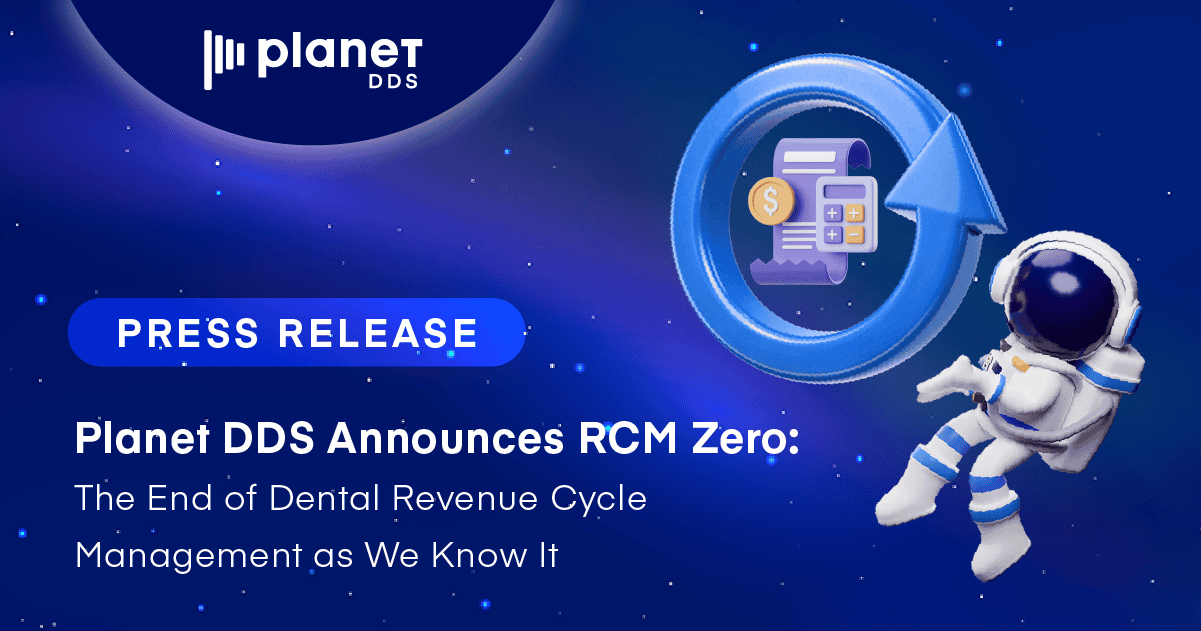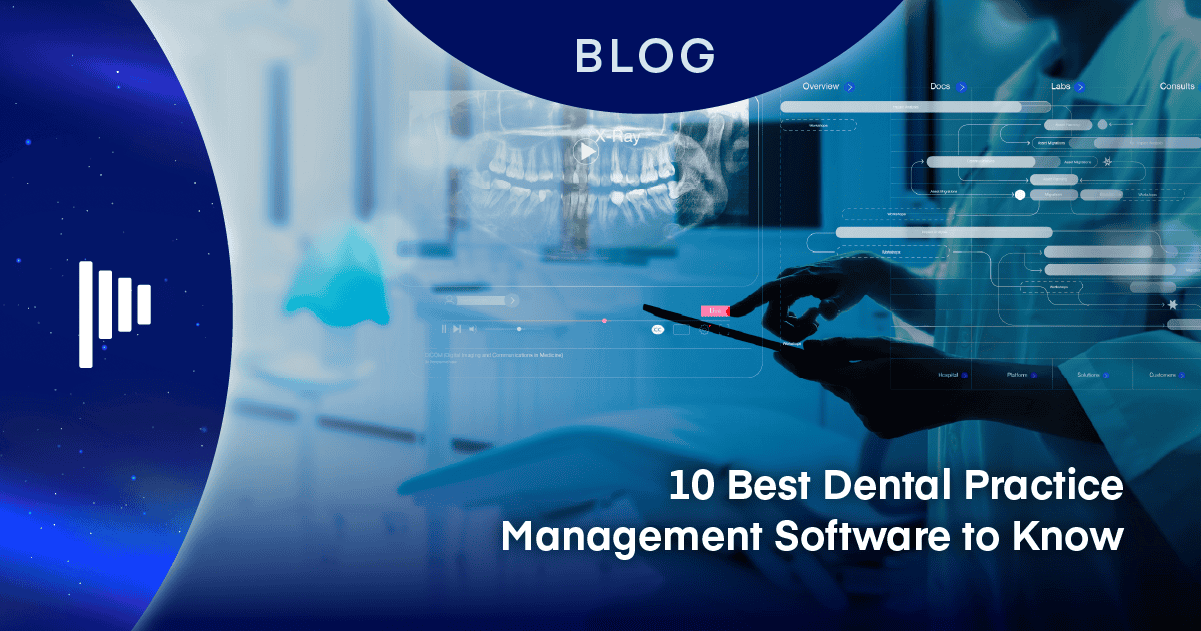6 Tips for Choosing Your First Practice Management Software
How can you be sure you are making the right decision for your practice? These tips can help give you the confidence you're making the right choice.

How can you be sure you are making the right decision for your practice? These tips can help give you the confidence you’re making the right choice.
Whether you’re choosing your first practice management software or looking to upgrade from an outdated system to the latest technology, here are some tips for making the search easier.
1. Ditch the On-Site Server in Favor of a Cloud-Based Software
This should be a top priority, particularly for practices that may wish to expand.
Chris McElvy, senior trainer at Cloud 9 Software, explains that cloud-based software allows orthodontists to use one database for multiple locations across a city, or even across the country in the case of large dental or orthodontic service organizations (DSOs/OSOs). “[A] reason we work well with DSOs is because they can customize things for each individual location if they have different branding,” says McElvy, a 10-year Cloud 9 veteran. “Because we’re cloud-based, they don’t have to run their own servers and they can pull our data in a way that makes it really easy for them.”
2. Opt for a Platform That Allows for Remote Connectivity
Cloud-based and/or browser-based software means that anybody can get data from anywhere in the world, as long as they have internet connectivity. “Doctors could be on vacation in Italy and looking at patient charts and treatment plans,” McElvy enthuses. “Communication with staff can be relayed and started. Virtual consults have been a big piece. During Covid when offices were stuck at home, they were still able to get into their database and get all the patient data they needed.”
3. Look for Tools to Manage the Practice at All Levels
Phyllis J. Fernandez, senior director of client onboarding at Cloud 9 Software, echoes the benefits of remote management while urging prospective software buyers to make sure they focus on a system with good tools to manage the practice at all levels. She stresses that great practice management software goes beyond the basics without neglecting the basics.
For Fernandez, that means excellent patient records, a solid imaging system, integrated scheduling, reliable communications, and intuitive financials/insurance billing. That last component is key. The fact is a practice management system that can make the practice’s financials easier to handle can be a lifesaver. After all, making a mistake can have consequences for the practice’s bottom line. “For offices that don’t manage the billing well,” Fernandez says, “there is a high delinquency rate of collections.”
Equally important is a platform that has robust that facilitates communication across a number of tools—from texting to email. Rigorously organized patient communication will prevent many headaches down the road, and any program that fosters correspondence should include the ability to securely send documents via e-mail.
4. Talk to Actual Users Before You Buy
Software companies will tout their prowess in convincing ways. As you do your research on the various products out there, you will end up listening to a number of presentations and reading online reviews. These are helpful, but, particularly in the case of company presentations, it’s only one side of the story. To combat the inherent bias of the software company, Fernandez recommends calling people who are actually using the software that you wish to buy.
“It’s important to use reviews as a tool,” she says, “but I think it’s more important to talk to people who use the software and are able to share their experiences. They can share reasons why they chose one software over another because I guarantee you they’ve done their due diligence and they interviewed other software companies.”
5. Watch Out for the Hidden Fees
Fernandez cautions prospective buyers to beware of hidden fees. “Those hidden fees are typically generated in support contracts,” she warns. “Once customers are locked into that software, the support fee jumps tremendously after 2 years—so read all the fine print of your contract.
6. Choose a Platform That is Always Evolving
McElvy urges software buyers to only choose companies that are militantly dedicated to improvement and evolution. For its part, Cloud 9 used to be written on what’s known as a SilverLight platform. For the good of clients, developers rewrote the program in HTML 5.
“HTML 5 is faster and opens the door for developers to do a lot more stuff,” McElvy confirms. “Basically all of our clients are going to be fully using HTML 5 by the end of this year.”
Originally posted on Orthodontic Products online.



